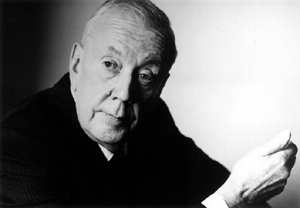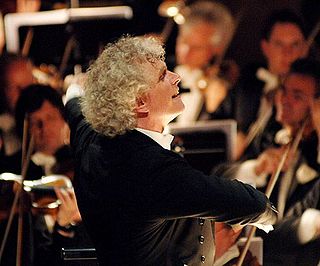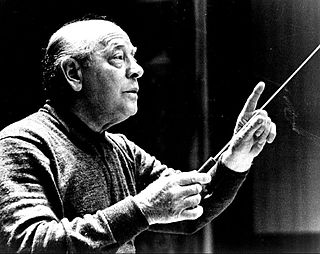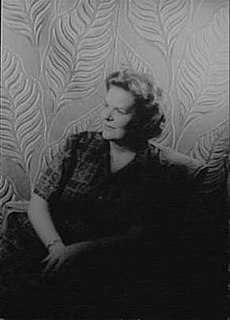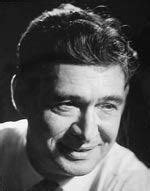A Quote by Malcolm Arnold
Although, I am proud of all my Symphonies as they all have something special to say, my particular favourite is the Fifth. As the great Mahler expert Donald Mitchell said that if Mahler had written another Symphony, it would have been my Fifth!
Related Quotes
I love Gustavo Dudamel and I love what he does for classical music, and I love what he comes out of, El Sistema and the old man Abreu. When we were in Venezuela, I had the chance to go to his building. He had, like, five or six orchestras playing of kids from the hood playing, like, Mahler's third symphony and Shostakovich fifth and Beethoven. Man, it's unbelievable. I mean, they could play.
I found a deep kinship between Mahler's recurrent attempts to confront all sides of life and to affirm himself in the face of his own finitude, and Aschenbach's dedication to persevere in the literary evocation of beauty. Exploring this kinship led me to reflect on many of Mahler's songs and symphonies - and particularly his great masterpiece, Das Lied von der Erde. The end result was a way of reading Mann that I hadn't originally anticipated at all.
Children know you ought to be fair. Especially fifth graders. I love fifth graders. They know that bullying is wrong. They know that you should praise one another, and that differences make a strong community. So sometimes I feel as though I can't wait for the fifth graders to grow up and rule the world.
He wanted us to play whatever we played in the most characteristic and appropriate style. Even it was the theme from 'The Godfather,' you needed to play that then the way that a Hollywood producer would expect it to be played. Whether it was that or the posthorn solo from Mahler's Symphony No. 3, he would expect that to be played in the way that Leonard Bernstein wanted to hear it. In retrospect, I think it was a sensational way to teach this particular group of students. By the time you graduated you could absolutely read anything with any trumpet.
I have been told that a young would-be composer wrote to Mozart asking advice about how to compose a symphony. Mozart responded that a symphony was a complex and demanding form and it would be better to start with something simpler. The young man protested, 'But, Herr Mozart, you wrote symphonies when you were younger than I am now.' Mozart replied, 'I never asked how.
